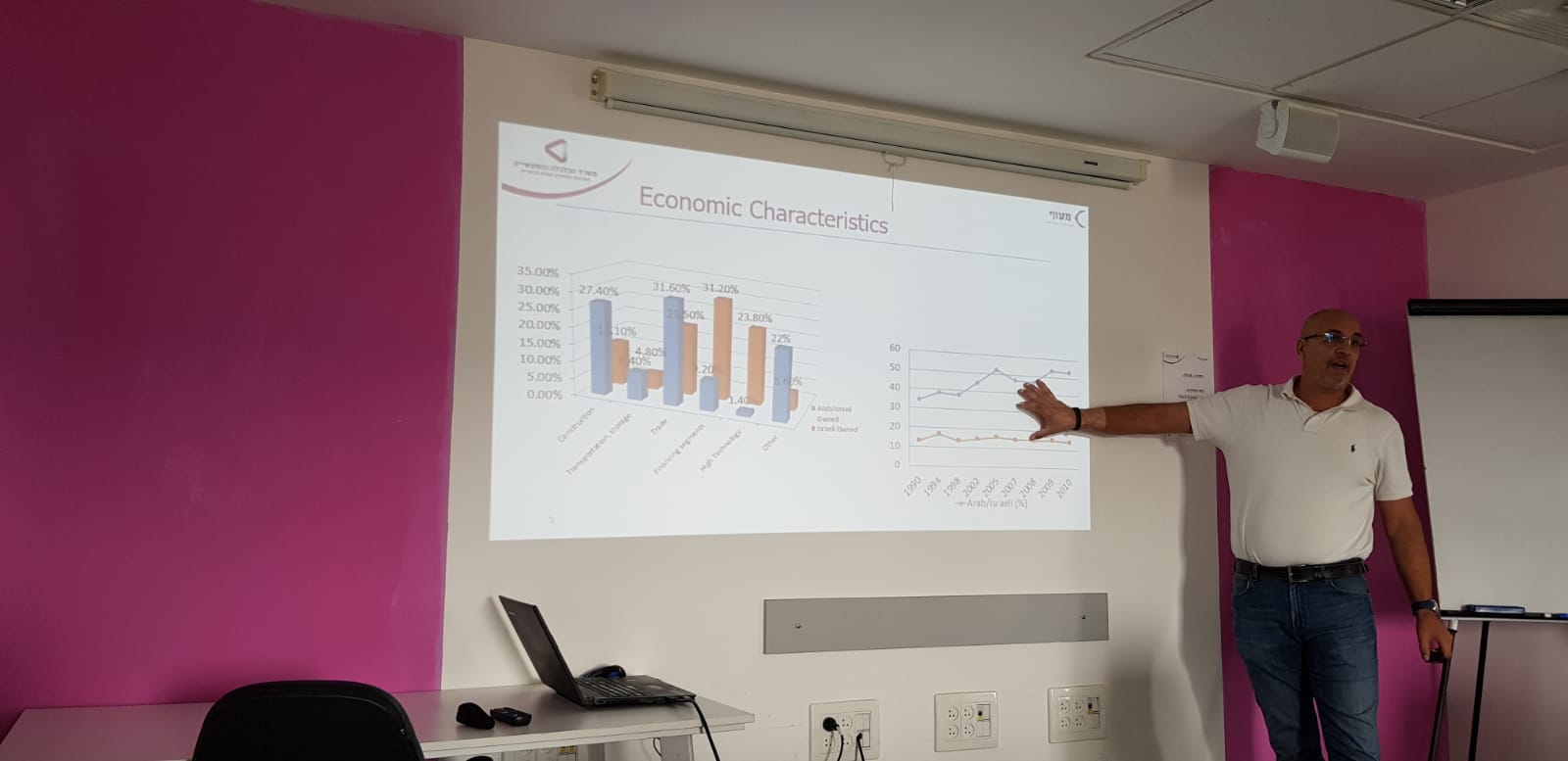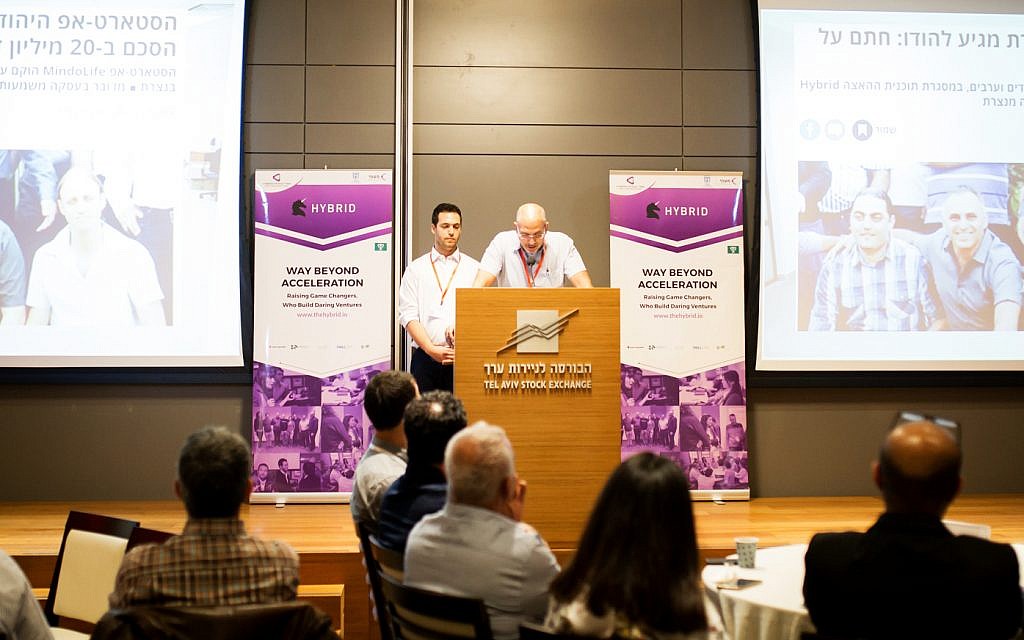Israeli-Arab seeks to build non-Jewish start-ups with top-secret help
Entrepreneur Fadi Swidan wants to turn the city of Nazareth from 'Shwarma Valley into an Israeli-Arab Silicon Valley'
“
“We have thousands of engineers, researchers or doctors, but we contribute only around 8 per cent to the country’s Gross Domestic Product [GDP] – and only 0.02% of Palestinian Israelis are entrepreneurs.”
Around 2014, the Israeli government decided that it was necessary to try to equalise sectoral contribution to GDP to close the widening social-economic gaps.
According to the Organisation of Economic Co-operation and Development, Israel has one of the widest gaps between haves and have-nots among member states.

Fadi Swidan is looking to build the non-Jewish tech sector in Israel
In a bid to try to close this gap, the Israeli government started paying more attention to the plight of society’s marginalised groups, the Arabs and the ultra-Orthodox.
Fadi realised that what was missing was the ability of Israeli Arabs to network into wider society.
Therefore, he approached the veterans of 8200, many of whose alumni went on to set up some of the “Startup Nations’” most famous startups, for help.
Surprisingly, they agreed. The decision was fraught with problems for both sides, said Fadi. “Arab Israelis objected to the idea because, for them, the 8200 guys represented the army, which was killing their people in Gaza and the West Bank,” said Fadi.
“On the Jewish side there were those who said, ‘why do you want to work with the Arabs? There are security issues. And anyway, why should they learn what we do, they will only be rivals’.”
While that was being sorted out, Fadi faced other problems: Israeli Arab society is not geared towards tech or entrepreneurship in general.
“Arabs want to work in big companies, such as Intel; they do not want to set up on their own. There is a huge degree of risk aversion; a stigma is attached to failure, and that impedes entrepreneurship,” said Fadi.
“It is also difficult find Israeli Arab investors into high-tech projects since they prefer to fund things that are tangible, such as real estate, rather than an idea that might or might not lead to something in an order book.”

Fadi Swidan during a presentation
But there have been a few success stories – Edunation, Nazdaq and Allmuze are three – and Fadi hopes that this might lead to more investment. “It’s a cycle, if something succeeds, then the venture capital comes in, leading to more success, and more capital,” he said.
One area where Israeli Arabs have an advantage over their Jewish counterparts is the possibility of exporting to the Arab world.
“At the moment, there is a holding company in the Virgin Islands with offices in Jordan, because some don’t want the Israeli connection know. But we are selling in the Arab world, and receiving grants from Arab governments. And that’s a start.”


No comments:
Post a Comment